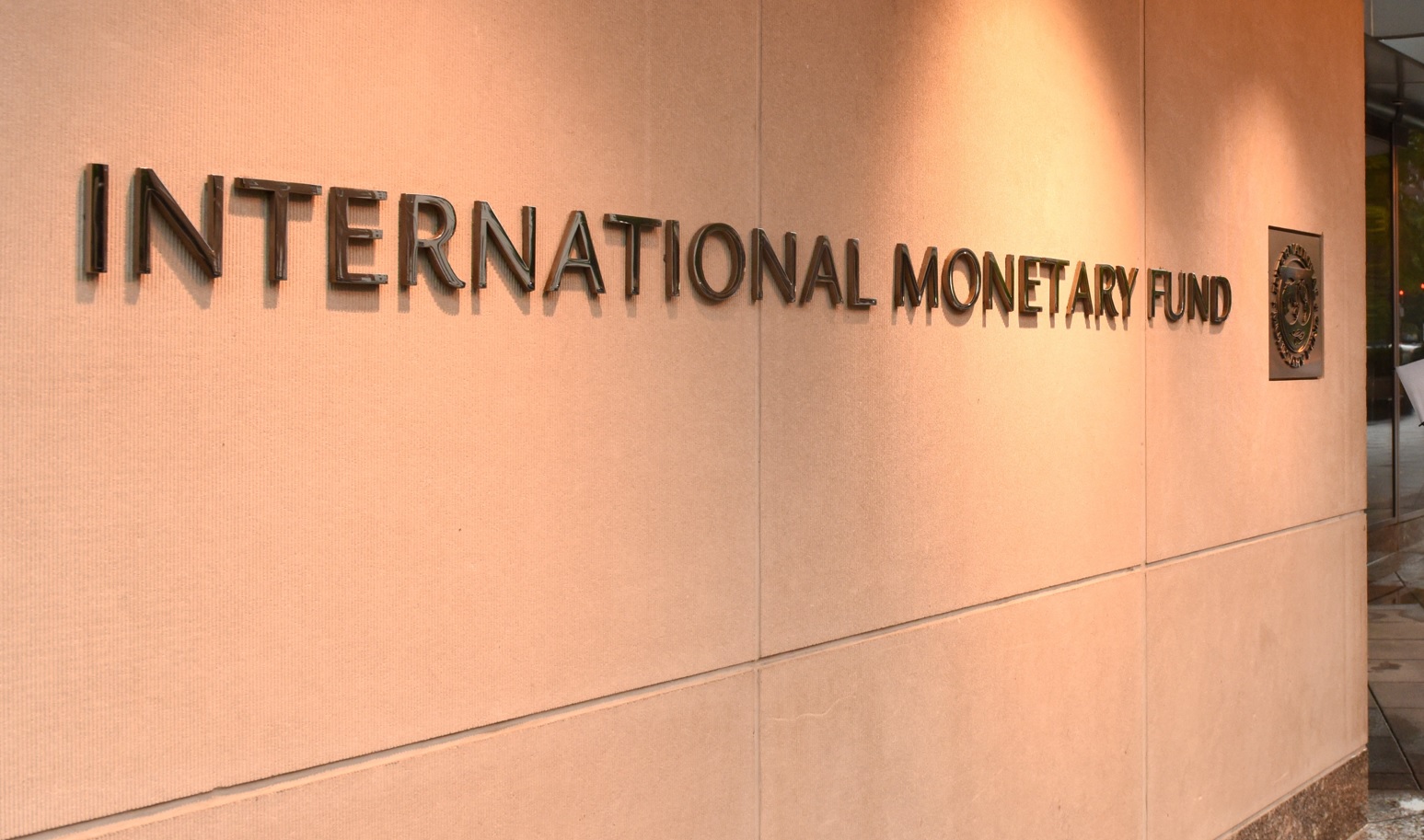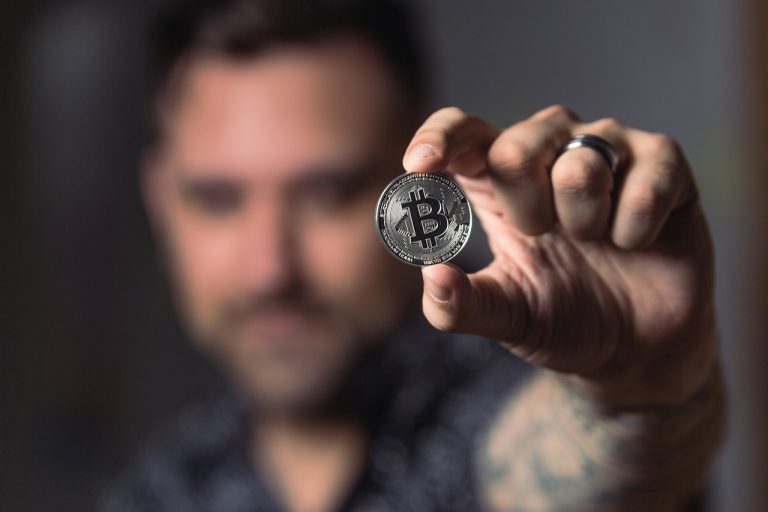- The CEO of deVere Group said that institutional investors are increasing the share of resources they invest in crypto.
- Green also stated that the use of crypto as legal tender in low-income countries would reduce dependence on “first world” currencies such as the USD.
The CEO of the financial services and asset management company deVere Group Limited GmbH, Nigel Green, has named Bitcoin as the world’s largest digital asset recognized and he was given a significant role in the future financial system.
Institutions do not want to be left behind
He added that even institutional investors are realizing the status of Bitcoin and other digital assets and are increasingly shifting their portfolios to this emerging space. These companies know that the characteristics of Bitcoin are well suited for the future, hence the growing appetite to invest in them.
“For this reason, more and more institutional investors, well-known investors, Wall Street giants and multinational companies are increasing their exposure to cryptocurrencies, bringing capital, reputation and expertise”, he said.
So what is the appeal?
Green, who founded deVere Group in 2002, explained that crypto assets are not bound by geographical boundaries and can therefore be easily used for cross-border applications such as trading. In addition, since these are “digital” assets, they fit perfectly into the modern world, where the only way to the top is digitization.
He also pointed out that demographic factors favor Bitcoin and other cryptocurrencies, as adoption by the younger generation is more likely than by the older one.
IMF opinion on the use of Bitcoin in El Salvador is erroneous
Green also questioned the stance of the International Monetary Fund (IMF) regarding the introduction of Bitcoin as legal tender in El Salvador. After El Salvador allowed the legal use of Bitcoin as an official means of payment last September, this decision was again disapproved by the IMF this week.
The financial institution pointed out that the use of Bitcoin as a legal tender is a major obstacle to a loan that the country is currently applying for. The IMF called on El Salvador to reconsider the Bitcoin decision.
Green, who had previously predicted that more countries would follow El Salvador’s Bitcoin ambitions, believes that the IMF will put its name to the “the wrong side of history” writes. He theorized that the IMF is concerned about the potential impact of a global contagion rollout.
„But the fact that the IMF is calling on a pioneering sovereign nation to abandon a forward-looking fiscal policy designed to lead it out of financial instability and dependence on the currency of another country shows that the institution is on the wrong side of history.”
He added that the adoption of cryptocurrencies as legal tender is a solid alternative to the currencies of the “the first world” for low-income economies, which are often at risk from rampant inflation.
„By introducing cryptocurrencies as legal tender, these countries immediately have a currency that is not influenced by market conditions within their own economy, nor directly by the economy of another country.”




